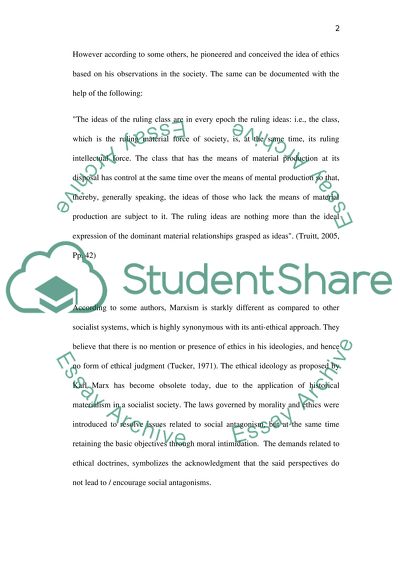Cite this document
(“Ethical Theory of Karl Marx Term Paper Example | Topics and Well Written Essays - 2000 words”, n.d.)
Retrieved from https://studentshare.org/philosophy/1428847-ethical-theory-of-karl-marx
Retrieved from https://studentshare.org/philosophy/1428847-ethical-theory-of-karl-marx
(Ethical Theory of Karl Marx Term Paper Example | Topics and Well Written Essays - 2000 Words)
https://studentshare.org/philosophy/1428847-ethical-theory-of-karl-marx.
https://studentshare.org/philosophy/1428847-ethical-theory-of-karl-marx.
“Ethical Theory of Karl Marx Term Paper Example | Topics and Well Written Essays - 2000 Words”, n.d. https://studentshare.org/philosophy/1428847-ethical-theory-of-karl-marx.


